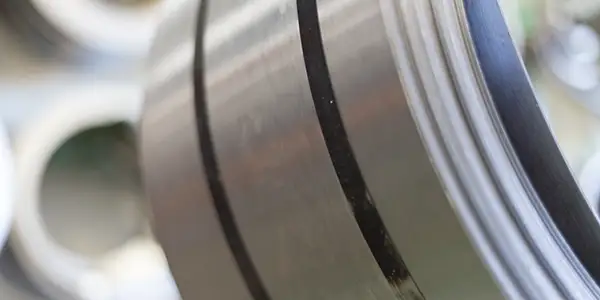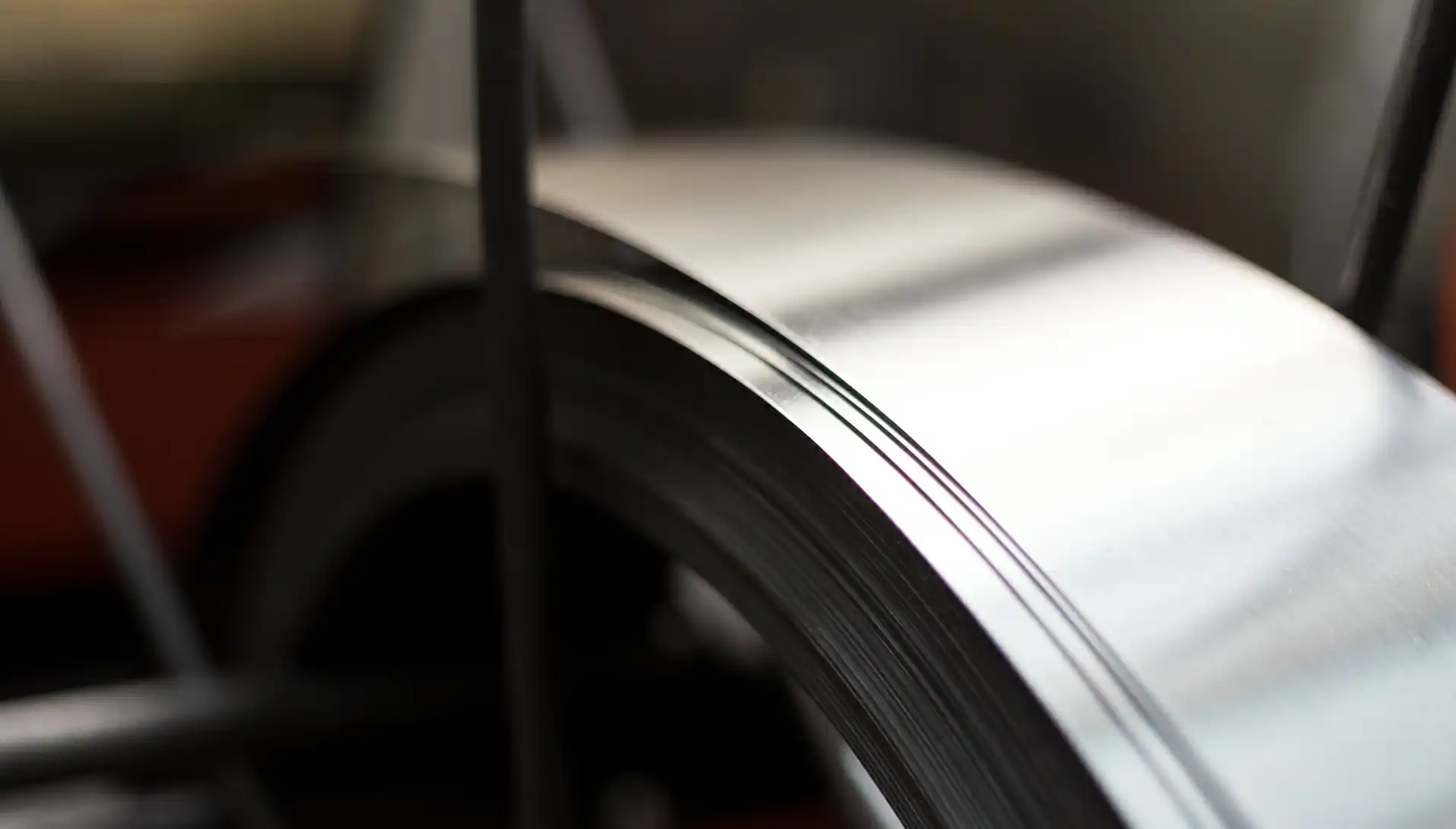420 is a martensitic stainless steel
420 stainless steel is a martensitic stainless steel, magnetic in both annealed and hardened conditions, 420 is commonly used in applications requiring strength, hardness, and some degree of corrosion resistance.
420 contains a minimum of 12% chromium, just sufficient to give corrosion resistance properties. It has good ductility in the annealed condition but is capable of being hardened up to Rockwell Hardness 48 – 52hrc, the highest hardness of the 12% chromium grades.
Its best corrosion resistance is achieved when the metal is hardened and surface ground or polished.
Our 420 Stainless Steel range
Do you provide 420 stainless steel in soft annealed condition, so it can be further heat treated?
Yes, we do.
420 Stainless Steel Chemical Composition
Grade 420S37 (1.4021) 420 Stainless Steel
Manganese – 1.00% max
Silicon – 1.00% max
Chromium – 12 -14%
Sulphur -0.030% max
Phosphorous – 0.040% max
Grade 420S45 (1.4034 - X46Cr13)
Manganese – 1.00% max
Silicon – 1.00% max
Nickel – 1.00% max
Chromium – 12 – 14%
Sulphur – 0.030% max
Phosphorous – 0.040% max
Molybdenum – 0.30% max
Typical 420 stainless steel applications
-
Cutlery and kitchen tools: The hardness and ability of 420 to hold a sharp edge make it a popular choice for knives and other cutting tools. It is also food-safe and resistant to food acids.
-
Surgical and dental instruments: The ability of 420 to maintain its sharpness, good corrosion resistance (when hardened), and ease of sterilization, make it suitable for medical instruments like scalpels, scissors, and forceps.
-
Industrial components: 420 can be used used in machinery parts that require wear resistance and high strength, such as valves, pump shafts, gears, bearings, and fasteners.
-
Automotive parts: Components like springs and valves benefit from its strength and durability.
-
Others: Also used in applications like shear blades, needle valves
Being stainless steel, it doesn’t impregnate the final product.
Key Properties of 420 Stainless
Composition: 420 stainless steel contains a minimum of 12% chromium and a carbon content of 0.15-0.45%. Manganese and silicon are also present, aiding in deoxidization and strength.
Hardenability: It is a hardenable alloy, meaning its hardness can be increased through heat treatment, reaching a minimum Rockwell hardness of 50 HRC. This makes it one of the hardest among the 12% chromium grades.
Corrosion Resistance: It offers good corrosion resistance in mild environments, including freshwater, mild chemicals, and normal atmospheric conditions. However, its resistance is lower compared to higher-grade stainless steels like 304 or 316, especially in highly acidic or salty environments.
Wear Resistance: 420 stainless steel demonstrates good wear and abrasion resistance, particularly when hardened, making it suitable for applications involving friction or contact with hard materials.
Machinability: In its annealed (soft) state, it can be relatively easily machined. However, machining becomes more difficult when the hardness exceeds 30 HRC.
Ductility: It exhibits good ductility in the annealed condition. However, excessive cold working can lead to cracking due to its limited ductility.
Magnetic: 420 stainless steel is magnetic in both the annealed and hardened states.
How hard is your 420 stainless steel and can it be used for compressor valves?
Compressor valves made out of 420 last longer and are very reliable. At BSS we supply 420 stainless steels that are usually hardened in the range of 42/46 and 48/52 HRC. We would offer 420 material in tempered and hardened conditions, ready for laser treatment.
Being extremely flat our steel sheets provide great efficiency during further production. Magnetic properties of our 420 stainless steel provides safety and control in further tools applications.
Summary
420 stainless steel is a valuable and versatile material, offering a balanced combination of high hardness, wear resistance, and corrosion resistance at a relatively affordable price.
However, it’s crucial to consider its limitations, particularly in terms of corrosion resistance in aggressive environments and sensitivity to high temperatures, and select the appropriate stainless steel grade for the specific application.
N.B. We do not supply Mill Certificates with orders, we only supply Certificates of Conformity.





